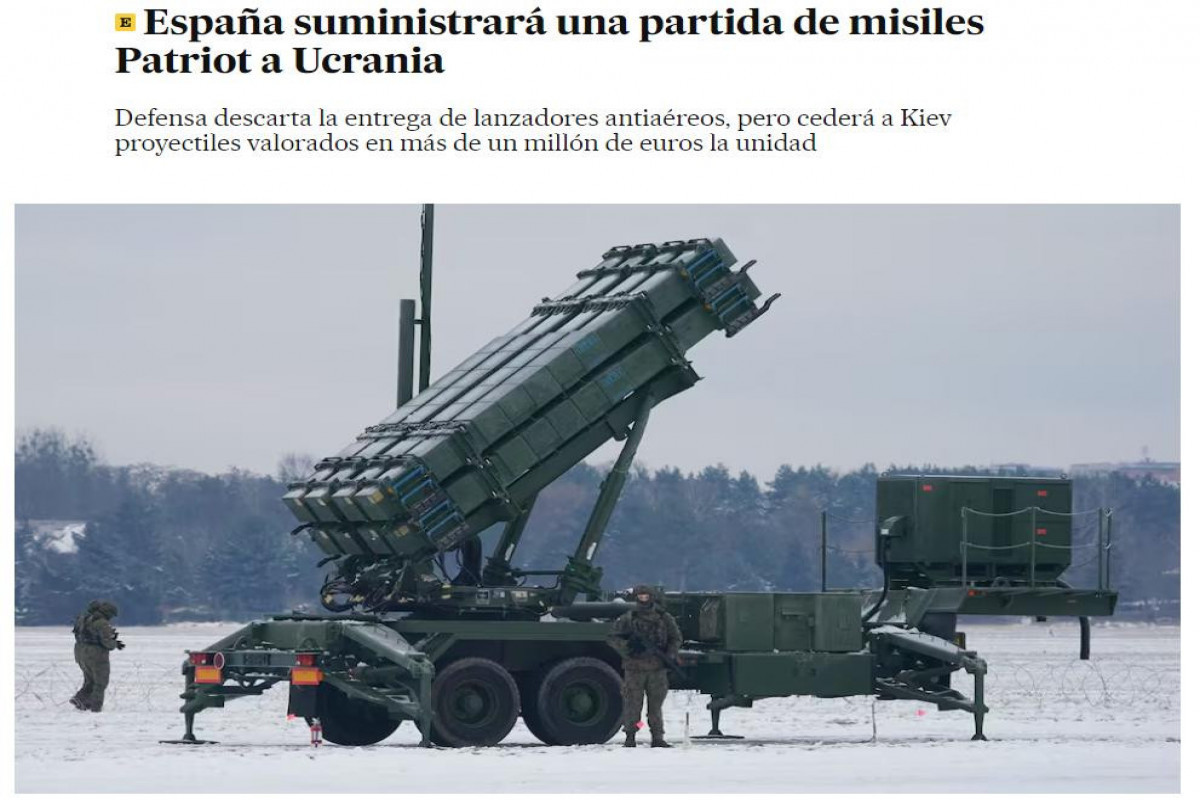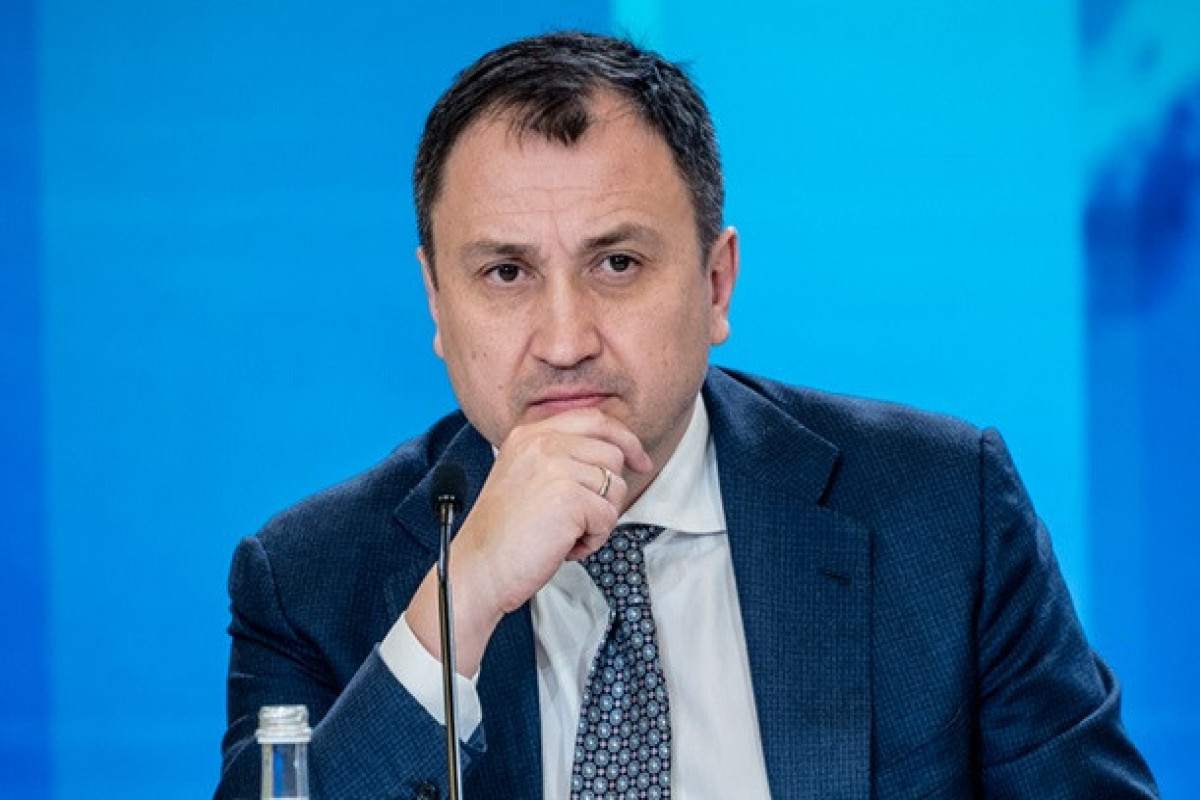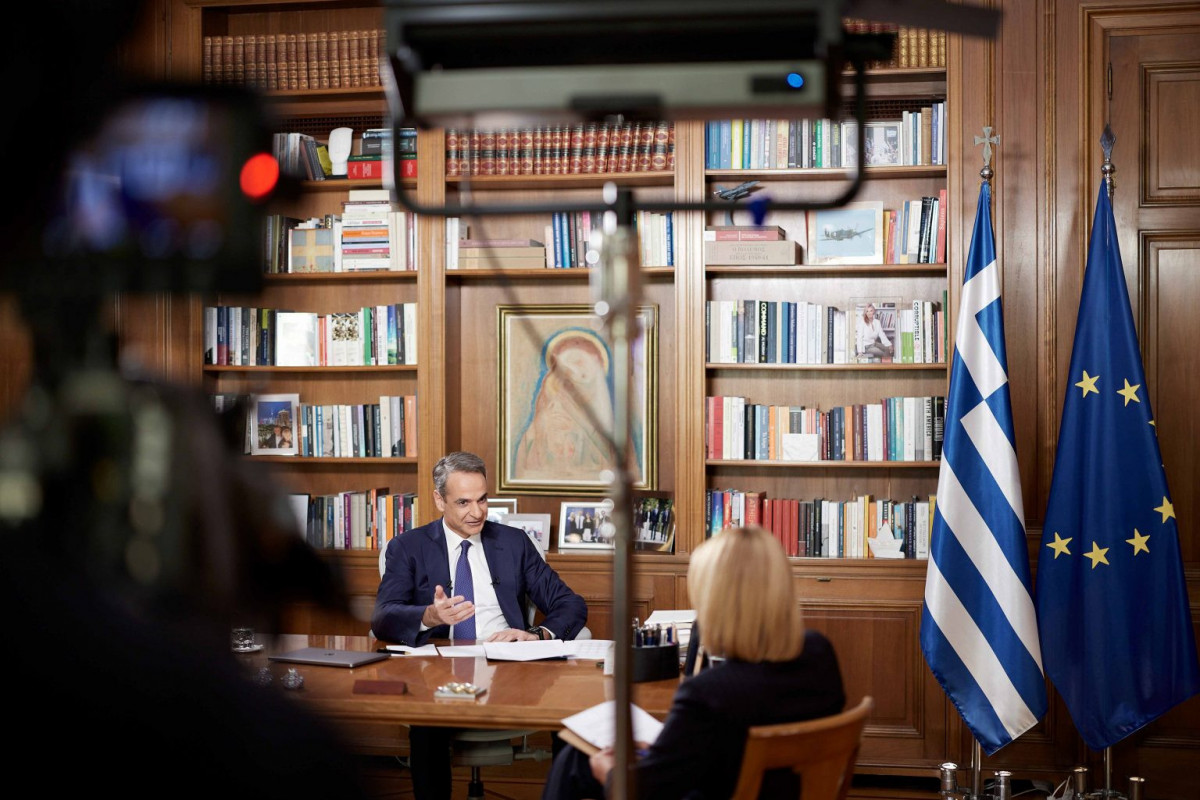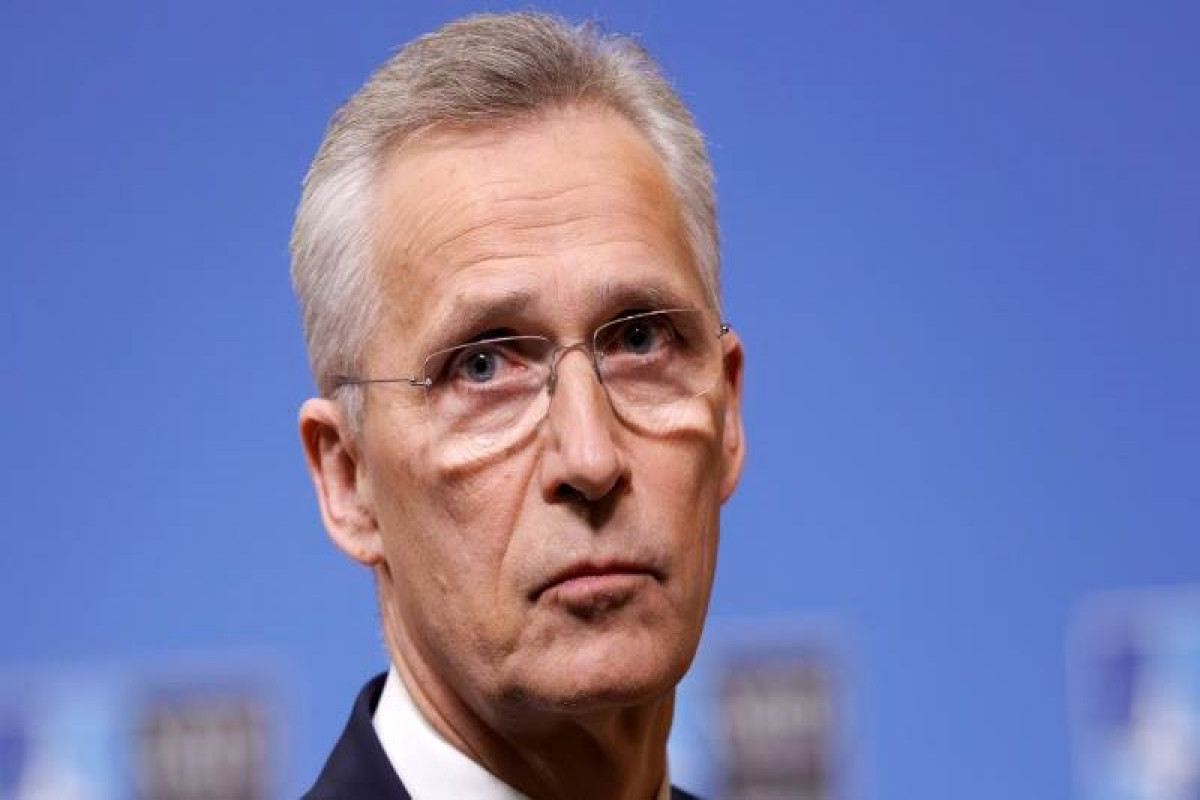Consumer-price inflation in the eurozone likely hit a record high in November, but many economists think that might mark a peak for now, and therefore don’t expect the European Central Bank to raise its key interest rate next year, APA reports citing The Wall Street Journal.
As in the U.S., consumer prices in the eurozone have risen faster over recent months than most economists and policy makers had expected. The data have raised questions for investors, businesses and households about the credibility of central bank assertions that this period of high inflation is likely to prove transitory.
Many private economists forecast that inflation in the eurozone will decline significantly at the start of the year, echoing the ECB’s view that the period of rapid price rises will be short-lived. The firms sharing this view include UBS, Morgan Stanley, BNP Paribas and Oxford Economics.
“There is a lot of pressure on central banks,” said Reinhard Cluse, an economist at UBS. “But the ECB will stick to the transitory narrative, which we believe is correct.”
However, with inflation set to remain well above the ECB’s target for the first six months of 2022, a self-reinforcing round of wage rises and further price increases remains a possibility, while the ultimate severity and duration of supply-chain problems and their effect on prices is uncertain.
The European Union’s statistics agency is expected to estimate Tuesday that prices were between 4.3% and 4.5% higher in November than a year earlier.
That would mark the fastest annual rise in prices since records began in 1997. During those 24 years, the inflation rate has only exceeded 4% in two months, the first of those being July 2008, and the second October of this year.
The ECB is scheduled to set out in December its expectations for 2022. But policy makers are unlikely to announce any moves to counter the inflation surge, other than confirming that a bond-buying program launched to soften the economic impact of the pandemic will end in March.
They will likely repeat their view that the eurozone’s inflation rate will fall through 2022 and will be back below their 2% target in 2023. That decline is set to start with a large drop in the pace of price rises in January.
One reason lies in Germany’s efforts to support its economy during the early months of the pandemic. In July 2020, the government of the eurozone’s largest member cut its value-added tax rates for six months. That meant consumer prices from July 2021 onward were being compared with artificially low prices from a year earlier, exaggerating inflationary pressures. From January 2022, that will no longer be the case, since the tax rates reverted back to their pre-pandemic levels at the start of 2021.






